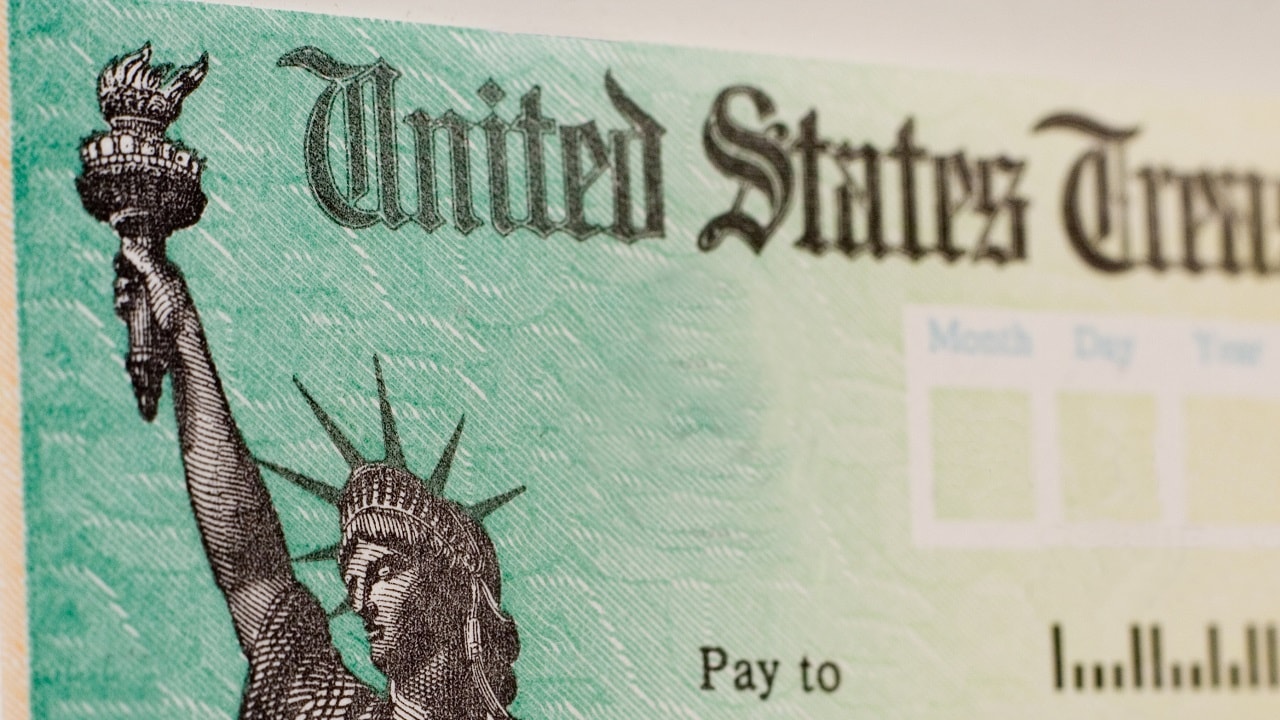It’s tax time, and while the deadline isn’t until April 15, many taxpayers are filing early to get their hands on their tax refund as soon as possible.
But what’s the best way to get your tax refund quickly, and what happens if it never arrives?
No 2024 IRS Refund? The IRS’ Advice
According to the IRS’ website, their advice is that “the best and fastest way to get your tax refund is to have it electronically deposited for free into your financial account.”
Taxpayers are advised to set up Direct Deposit, which the agency says eight out of ten taxpayers use.
It is also easy to split the refund among multiple bank accounts.
Where’s My Refund?
The IRS also offers a “Where’s My Refund” page, where taxpayers can check in on the status of their refund.
Per the IRS, the status typically shows up 24 hours after they e-file a return for the current year, three or four days after they e-file a prior-year return, and four weeks after they file a paper return.
On the Where’s My Refund page, taxpayers can enter their Social Security Number and refund Amount while also checking a box for their filing status and tax year.
Once they do, the system will produce an answer regarding whether the refund was received, approved, or sent.
Some refunds can be delayed, the IRS says, if “if your return needs corrections or extra review. If we need more information to process your return, we’ll send you a letter.”
What If Your Refund Has Still Not Arrived?
According to USA.gov, “millions of federal and state tax refunds” each year go undelivered and unclaimed.
If taxpayers have not received the refund and have already gone through the “Where’s My Refund” step, they are offered a chance to do what’s called a “refund trace,” in order to figure out if the refund was lost or stolen.
If the check is not cashed, the taxpayer will receive a replacement. If it was, the Treasury Department’s Bureau of the Fiscal Service will provide the taxpayer with a claim package, before determining whether a replacement check can be re-issued in its place.
Beware of Tax Scams
The IRS also warns of various scams, that are aimed at taking away people’s tax refunds or otherwise defrauding them.
“Scammers mislead you about tax refunds, credits and payments,” the IRS website says. “They pressure you for personal, financial or employment information or money. IRS impersonators try to look like us.”
Taxpayers are asked to beware of phishing scams, emails with misspellings in them, and promises of bigger-than-expected paydays. The scams can come in many forms, whether they’re associated with charities, bogus tax preparers, bad advice, or fake tax bills.
Each year, the agency releases a list known as the “Dirty Dozen,” of the most prominent tax scams of that year.
The 2024 edition lists such novel scams as “Syndicated conservation easements,” “Micro-captive insurance arrangements,” and “Misusing a tax treaty with Maltese individual retirement arrangements.”
Will Your Refund Be Delayed by the IRS Cuts?
Of course, the IRS is currently in the news for another reason.
CBS News reported last week that over 6,000 IRS employees were expected to be terminated by the end of the week.
More than half of those cuts come from the IRS Small Business/Self-Employed Division, with the cuts concentrated on probationary employees of the agency.
Tax experts quoted by CBS stated that “concerns are valid” about the cuts and what it could mean for the processing of refunds.

Donald Trump speaking at CPAC 2011 in Washington, D.C.
One expert told the outlet that while refunds on “relatively straightforward returns” should be unaffected, “taxpayers should expect longer hold times over the phone and slower customer service in general.”
It is also expected to take longer to resolve any problems, whether they involve errors with a refund or other errors.
About the Author: Stephen Silver
Stephen Silver is an award-winning journalist, essayist and film critic, and contributor to the Philadelphia Inquirer, the Jewish Telegraphic Agency, Broad Street Review and Splice Today. The co-founder of the Philadelphia Film Critics Circle, Stephen lives in suburban Philadelphia with his wife and two sons. For over a decade, Stephen has authored thousands of articles that focus on politics, technology, and the economy. Follow him on X (formerly Twitter) at @StephenSilver, and subscribe to his Substack newsletter.

